This guide will teach you everything you need to know about Intermittent Fasting. You’ll learn what Intermittent Fasting is, why it’s a valuable weight loss tool, how it works, what to avoid while fasting, and how to succeed.
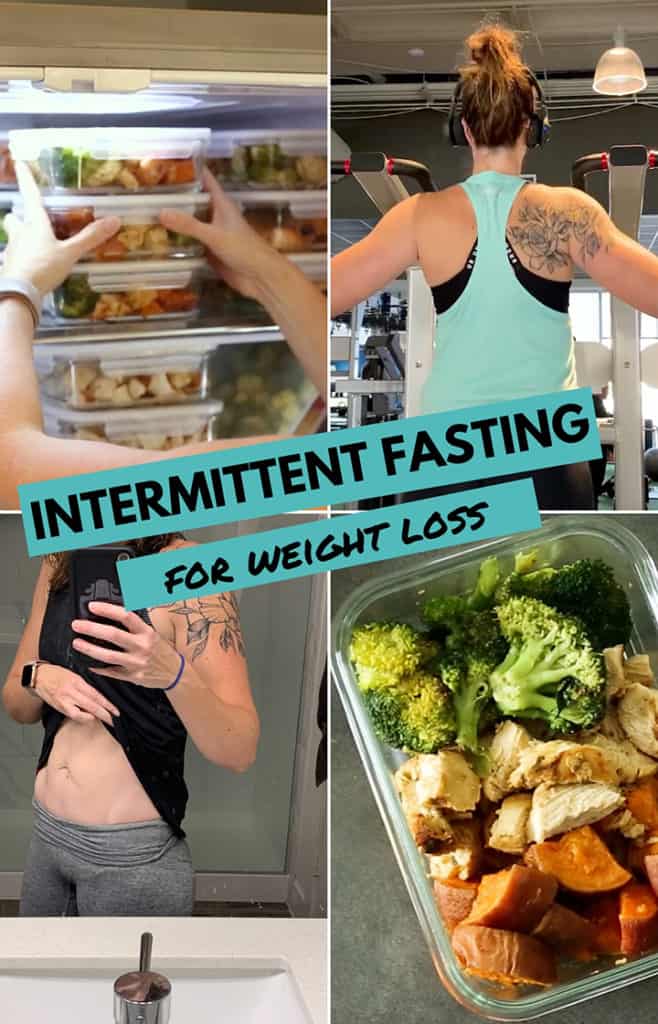
Chances are you’ve heard about Intermittent Fasting (IF), whether it was related to weight loss or other health benefits. IF has become a very popular trend in the health and fitness world — and for good reason. IF has been scientifically proven to provide a number of health benefits, including weight loss, improved cognition (thinking), improved body functioning, and more. If you’ve been wanting to learn more about IF and see whether it’s the right fit for you, you’re in the right place!
What is Intermittent Fasting?
Intermittent Fasting (IF) is an eating pattern where a person deliberately and intentionally chooses windows to abstain from food (“fasting”) and to eat food (“eating window”). IF is concerned with the WHEN to eat, not the WHAT to eat.
Fasting isn’t anything new, really. Humans have been fasting for centuries, whether for medicinal, spiritual, or other personal reasons. In respect to human history, humans evolved to be able to function for extended periods of time without food.
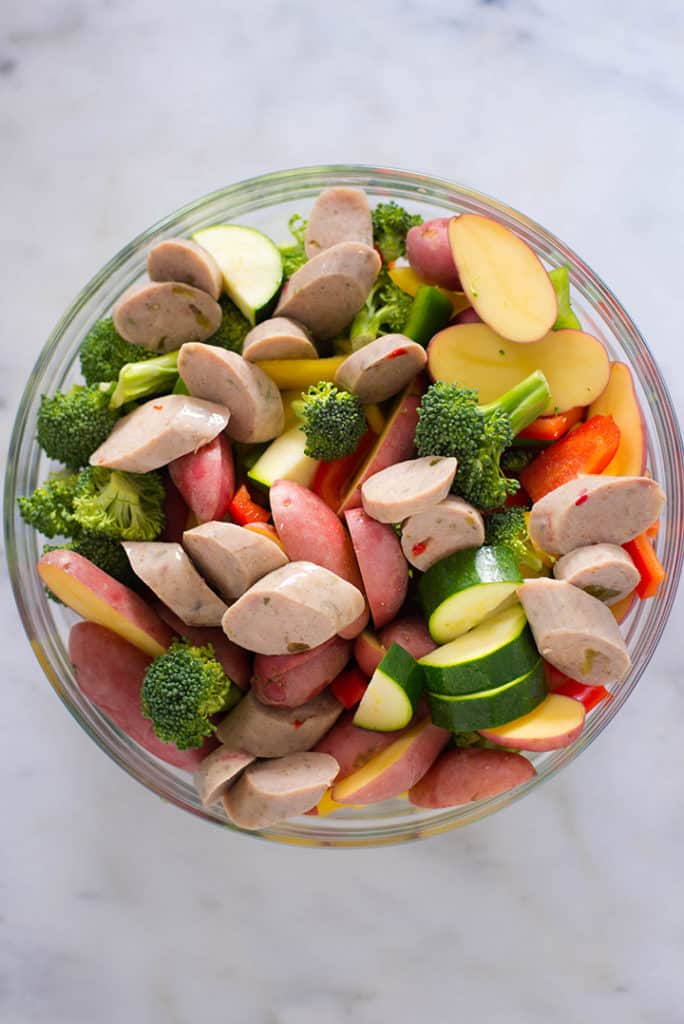
How does Intermittent Fasting work?
In order to understand how Intermittent Fasting (IF) works, it’s important to have a basic understanding of the cellular and hormonal dynamics that are affected by IF. Specifically, we need to understand insulin and glucose, and how they play a role in weight gain.
Our body likes to keep things as stable as possible, a process called homeostasis. That means, when something threatens homeostasis, our body will engage in activities to try to combat it to get back to normal. For example, if our body gets too hot, it starts to sweat to cool down. If it gets too tired, it shuts down for rest. And so on.
Maintaining blood glucose levels is another task the body works to keep in homeostasis. When we eat food, our body does a number of things internally to maintain our normal blood glucose levels. When our blood glucose levels begin to rise, our body signals to our pancreas to secrete the hormone insulin.
Insulin has an effect on many of our cells, including muscle, red blood cells, and fat cells. In response to an increase in insulin, these cells absorb glucose out of the blood, with the intended effect of lowering the high blood glucose levels, and returning them to the normal range – thus, regaining homeostasis.
Here are the different effects that occur in our bodies when we fast:
- Insulin: Insulin levels decrease because there is no food causing increased blood glucose levels. This helps our body use stored energy from our long-term stores of fat (in the form of glycogen in the liver), rather than from the food we are eating.
- Human Growth Hormone (HGH): Levels of HGH increase dramatically, which can have a positive effect on muscle growth.
- Cognitive Ability: Mental acuity and cognition improve, as less blood flow surges to the stomach to digest recently consumed food and can head elsewhere.
- Energy: Energy levels actually increase as the body uses stored glycogen for energy.
- Cellular Repair: Old and dysfunctional cells are broken down and repaired in a process called autophagy.

What are the benefits of Intermittent Fasting?
Many studies have determined numerous health benefits to Intermittent Fasting (IF), both as a weight loss tool and to maintain and even improve the health of your body.
Here are the major benefits of Intermittent Fasting:
- Weight Loss: Decreased insulin levels means more stored fat is used for energy, which means fat loss.
- Decreased Inflammation: Because insulin causes the kidneys to retain salt and water, less insulin in the blood rids the body of excess, which can lead to reduced inflammation. Additionally, less food to consume causes less build-up in the digestive system.
- Decreased Insulin Resistance: Lower insulin levels in the blood from the absence of food allows the body to break the cycle of constantly releasing insulin into the blood to maintain blood glucose levels.
- Lower Blood Pressure: The kidneys let go of excess salt and water, which reduces bloating, and lowers blood pressure.
- Increased Muscle Mass: Human Growth Hormone (HGH) levels significantly increase, which helps to maintain muscle mass and bone density during an absence of food. Strength training during a fasted state can help exponentially increase muscle growth.
- Improved Thinking: Fasting allows more blood to access your brain, which improves brain functioning.
- Increased Metabolism: Adrenalin levels increase during a fast, which increases metabolism.
- Heart Health: Intermittent fasting has been shown to reduce “bad” cholesterol (LDL) and to increase “good” cholesterol (HDL)
- Live Longer: Fasting helps the cells improve function and regeneration, removing old cells, which can help to delay aging and disease.
How to get started with Intermittent Fasting
That’s the easy part: just stop eating! To get started, you may want to test the waters and skip one meal on one day. Then, gradually build that up to two meals, and so on. It can also help to identify your main goals for why you’re wanting to begin intermittent fasting. That way, you’ll have a good foundation for how to eat during your eating windows to make the most of the food you’re consuming.
As for what foods to eat during your eating windows, check out my Clean Eating for Beginners for an introduction into clean eating, as it’s very important to remove processed foods from your diet and include more whole, unrefined foods. That being said, Intermittent Fasting works great with any healthy lifestyle diet as well, such as Paleo, Keto, Whole30, Clean Eating, etc.
It should be noted that, if you have current medical issues, you should consult with your doctor before undergoing any major lifestyle or dietary changes, as it can have an effect on your medication, if applicable.
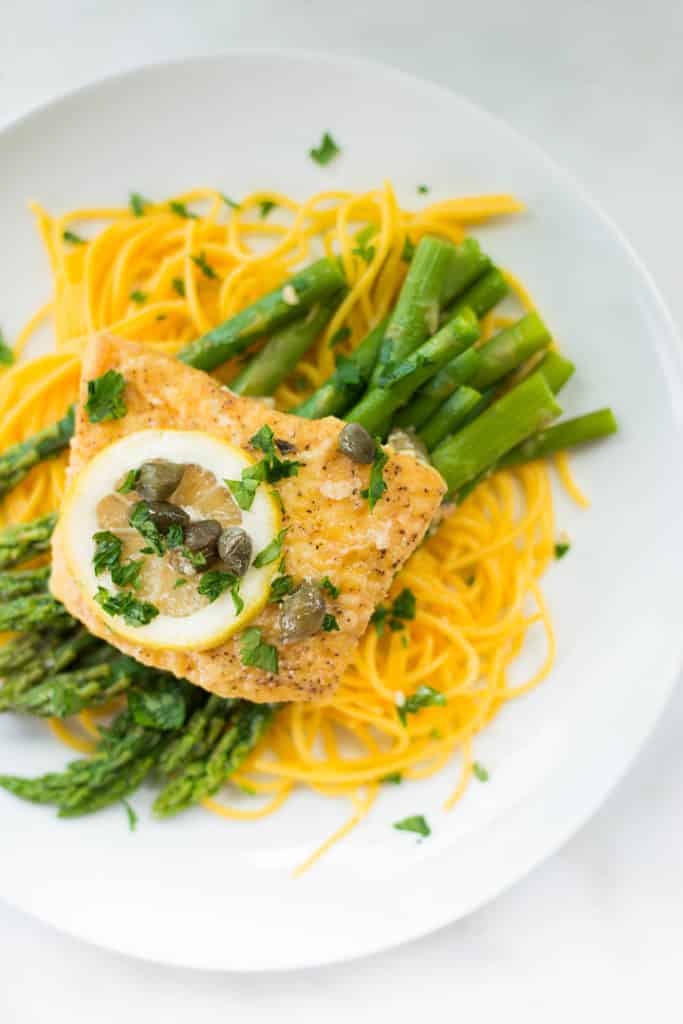
Popular ways to do Intermittent Fasting
There are several ways to follow an Intermittent Fasting eating schedule. Depending on your lifestyle and goals, one may be a better fit for you, but there is no best option. During your eating window, you would eat your normal amount of calories to fit your goals.
Here are some popular ways to create your fasting schedule:
The 16/8 Method: Fast for 16 hours each day.
The 16/8 method involves fasting for 16 hours each day and having your eating window restricted to 8 hours. This is one of the easier schedules to start with since it’s as simple as not eating anything after dinner, and then skipping breakfast. For example, if you finish your last meal of the day at 8 pm and then don’t eat again until 12 noon the next day, you are technically fasting for 16 hours between your meals.
The 5/2 Method: Fast for 2 days per week.
The 5/2 method involves eating as you normally would 5 days during the week, while restricting your calories to 500-600 calories on 2 days during the week. For example, you could eat normally on all days except Tuesdays and Thursdays, where you eat two small meals (250-300 calories per meal).
The Eat-Stop-Eat Method: Fast for 24 hours 1-2 times per week.
The Eat-Stop-Eat method involves a 24-hour fast one or two times per week. For example, you would fast from dinner one day to dinner the next day, which would be 24 hours. This method can be most difficult for people who are used to eating 3-4 meals per day.
The Alternate-Day Method: Fast every other day.
The Alternate-Day method is similar to Eat-Stop-Eat, but actually alternates every other day, as opposed to fasting just 2 times per week. There are several ways to accomplish this and, often, people eat up to 500 calories on fasting days.
The Spontaneous Meal Skipping Method: Skip meals when convenient.
The Spontaneous Meal Skipping method is just like it sounds: you can skip meals as you please without following any real fasting schedule. Even fasting this way will provide many health benefits.

What foods are allowed during Intermittent Fasting?
This is simple: nothing. During a fast, absolutely no FOODS are allowed, including any “foods” that do not even contain calories. The idea is to give your body a break from all digestion so your insulin levels drop and your body can heal itself. Check out the following section for what drinks you may have while fasting, however.
What can I drink during a fast?
Fortunately, unless you’re doing a dry fast (which is much less common and not discussed in this guide), there are several options to drink during a fasted state. These include the following:
Water
It is highly recommended that you continue to drink at least water during your fast. Not only will this help maintain proper body functioning, but it will also help you curb any hunger. You can also add in 1-2 tbsp apple cider vinegar, which has also been shown to help with weight loss and curb hunger, and is fine during a fast. The water can be hot or cold, sparkling or regular.
Coffee
Hooray, you can have coffee while fasting and it won’t break your fast (i.e. have an effect on your insulin levels)! Your coffee must be black, however, and not contain any sugar, artificial or otherwise. Both real and fake sugars cause insulin spikes and will break your fast. There is some debate on whether you can add a small amount of cream or milk to your coffee. If you choose to add cream, choose full fat, organic, grass-fed cream. Coffee can be caffeinated (which has been shown to reduce hunger and also stimulate weight loss) or decaf.
Tea
Teas can be enjoyed during a fast, including black tea, green tea, oolong tea, and herbal tea. Follow the same guidelines for tea as for coffee, meaning no sweeteners.
Common mistakes people make when Intermittent Fasting
Before you begin Intermittent Fasting, there are a few common mistakes to be aware of.
- Thinking you can eat whatever you want when you’re in your eating window. Don’t use the fasting regimen as a way to eat unhealthy in between fasting periods. Part of the benefits of Intermittent Fasting is the feeling of being in control of your health. So, commit to eating wholesome, unprocessed foods in your eating window. The quality of your food still matters.
- Don’t over calorie-restrict, either. You will want to eat a balanced diet consisting of proteins, fiber-boosting carbs, and fat. Remember, your body is using the food that you consume as fuel, so a healthy diet is essential.
- Beware of hidden “fast-breakers.” Studies have shown that the taste of sweetness can trigger your brain’s insulin response and in effect, cause an insulin release. Using toothpaste and mouthwash (that often have sweeteners like xylitol), and taking medications and pain relievers, like Advil, that may have sugar in the coating can break the fast that you have worked hard to maintain.
- Don’t limit your water intake. In fact, increase it. During my fasting window, I drink a lot of water. As well, you can have black coffee and tea as long as it’s unsweetened.
- Don’t obsess! This is a big factor in a successful fast. Intermittent Fasting is all about teaching your body to be in tune with itself. And we all know that learning something or adjusting to a new way of doing things takes time. Succeeding 90% of the time when first starting out is better than giving up. Do your best and I can guarantee it will all fall into place in no time.

Isn’t it all about calories in versus calories out (calorie deficit), anyway?
While maintaining a calorie deficit is necessary to lose weight (remember we want to use up excess fat stores, not create more), it is only a piece of the weight loss puzzle. The essential factor that Intermittent Fasting adds is that it reduces insulin levels to allow your body to use up stored fat. Otherwise, even if you’re eating at a calorie deficit, you wouldn’t lose weight because your body would always be getting what it needs to maintain homeostasis.
Does insulin make you gain weight?
In short, yes. Insulin causes weight gain when the cells absorb too much glucose and the body converts this into fat. During digestion, the insulin that is secreted by our pancreas to reduce the blood glucose levels does this by stimulating muscle, fat, and liver cells to absorb the glucose. Those cells either use the glucose for energy or convert it into fat for long-term storage.
Eating more food than our body needs will lead to excess glucose levels in our blood. If the cells do not remove glucose from the blood, the body will first attempt to store it as long-term energy storage, called glycogen, in our liver. If our body fills up its glycogen stores, it will then store the extra glucose as fat in the tissue.
This is where Intermittent Fasting (IF) can play a big role in weight loss, and more specifically, fat loss. When you fast, several things happen in your body on the cellular and molecular level, including important changes to your hormones levels that affect the fat stores caused by too much insulin.
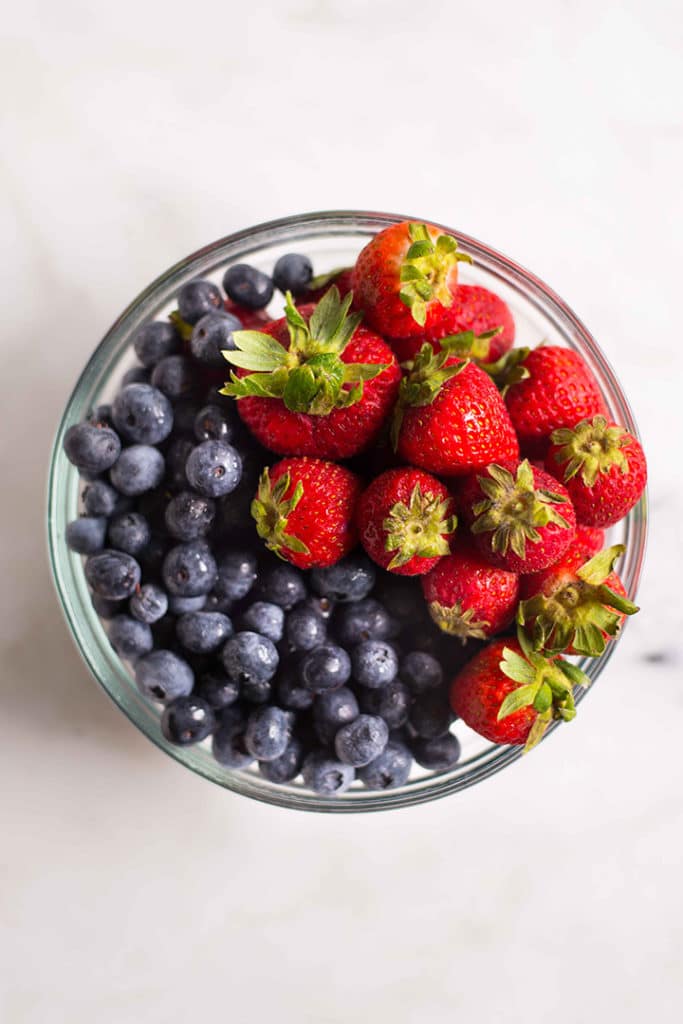
Frequently Asked Questions about Intermittent Fasting
Can I exercise during Intermittent Fasting?
You can most definitely exercise during Intermittent Fasting, and in fact, you should! When you are fasting, exercise helps you lose stored fat because it’s being used as energy. Working out while fasting increases the human growth hormone, and in turn, you build more muscle, too.
Does fasting make you hungrier?
Fasting can make you hungry, but give yourself time and you will soon be able to manage it. With fasting, there are many improvements, like reduced fat and more muscle in your body composition (remember you have to exercise, too), less bloating, increased energy, and yes, eventually less hunger. So, patience and perseverance are part of the fasting package to start, but once you get in the rhythm of it, hunger becomes less of an issue.
How much fasting is too much?
Fasting longer than 24 hours has its cons. The fasting methods we previously described suggest a maximum of 24 hours without eating. For example, in the Eat-Stop-Eat method, one fasts once or twice a week for 24 hours. There are people who push a fast to 48, and even 72, hours, but that’s outside the scope of why most would be fasting.
What is the best type of meal to have before a fast?
The meal before a fast (which is dinner for me) should contain healthy fats and protein, along with power-packed veggies like broccoli, spinach, and kale. Full-fat dairy, like greek yogurt and cottage cheese, are examples of high protein, high fat foods that are good to have before starting your fast. Protein and fiber work together, too, and enable you to feel full for longer so high fiber foods that take longer to digest will help you to feel fuller longer. The protein takes longer to digest which is important since you will not be eating again until you break the fast.
Curious what a day in the life of IF looks like? Check out this video.
What is the best way to break a fast?
Break your fast with wholesome foods, like eggs, fish, sweet potatoes, and chicken. Protein, fiber, and carbs are essential components of your meal. Enjoy the food and feel free to eat until you are full. It’s healthy food you are taking in, and your body needs fuel after the period of not eating. Remember, during the fast, your body has been working hard to use the energy from your fat stores.

Will Intermittent Fasting slow down my metabolism?
Continue a normal, healthy eating plan for the meals that you do eat, and you will be fine in terms of metabolism. Your body is an amazing machine, and it will function normally even when fasting, meaning your metabolism will not suffer. You can consume your regular calorie intake when you break the fast, but you have to eat nutritional food when you do so. And, enough of it to sustain the body at the same time. Don’t binge on junk food during your eating window. This is not a “normal” intake of food.
Will I regain my weight after I stop? What are the long-term findings?
If you resume your normal eating pattern after you have stopped the Intermittent Fasting regimen, you may gain weight. This will depend on the amount and type of food that you consume. Remember, fasting has an impact on the body because of glucose homeostasis.
Maintaining this by eating clean, wholesome foods is possible. Continue to avoid trans fats (pies and pastries, fried foods, and margarine). Keep within the recommended calorie count for your height, age, and activity level, and you will maintain your weight. Studies have shown, however, that if you severely reduce your intake of calories while fasting and then return to your normal caloric intake when you give up the regimen, you will regain the weight.
So, in a nutshell, the findings are that Intermittent Fasting for weight loss is good and decreases fat, and it also has a beneficial impact on aging, body composition, and cardiovascular biomarkers. As well, studies do show that a healthy eating plan of some sort must be continued after the fasting regimen has stopped.
Does Intermittent Fasting affect fertility?
It is thought that Intermittent Fasting can have an effect on fertility. Although there are not a lot of studies to draw from on the topic, it is known that changes in the body mass index can alter the delicate balance of hormones needed for conception. The ovulation cycle can become irregular and the pituitary gland (responsible for hormone production) can sense and react to low caloric intake, thus signaling a reduction in ovulation.
Is toothpaste okay during Intermittent Fasting?
Those who are concerned about the sweetener (known as xylitol) found in some kinds of toothpaste will not use a conventional product to brush their teeth during the fasting window. Other people who are fasting and do not want to risk a possible insulin spike resulting from the sweet taste of any brand of toothpaste will refrain from using it, too. In that case, baking soda mixed with water to create a paste is often used to clean the teeth.
Who shouldn’t do Intermittent Fasting?
Women who are pregnant, trying to conceive or breastfeeding, diabetics or hypoglycemics, children, teenagers, and people with eating disorders should not fast. Because fasting can put your body into deprivation mode in between eating windows, this is not healthy for a pregnant woman who is eating for two. Diabetics have to be careful with their insulin levels and low blood sugar can be dangerous if you have diabetes. Children and teens may not cope well with fasting and the lightheadedness and nausea that can be experienced in the early days of fasting. If you have an eating disorder, there is a risk that you may develop an emotional issue with fasting, that can affect your feelings toward food.
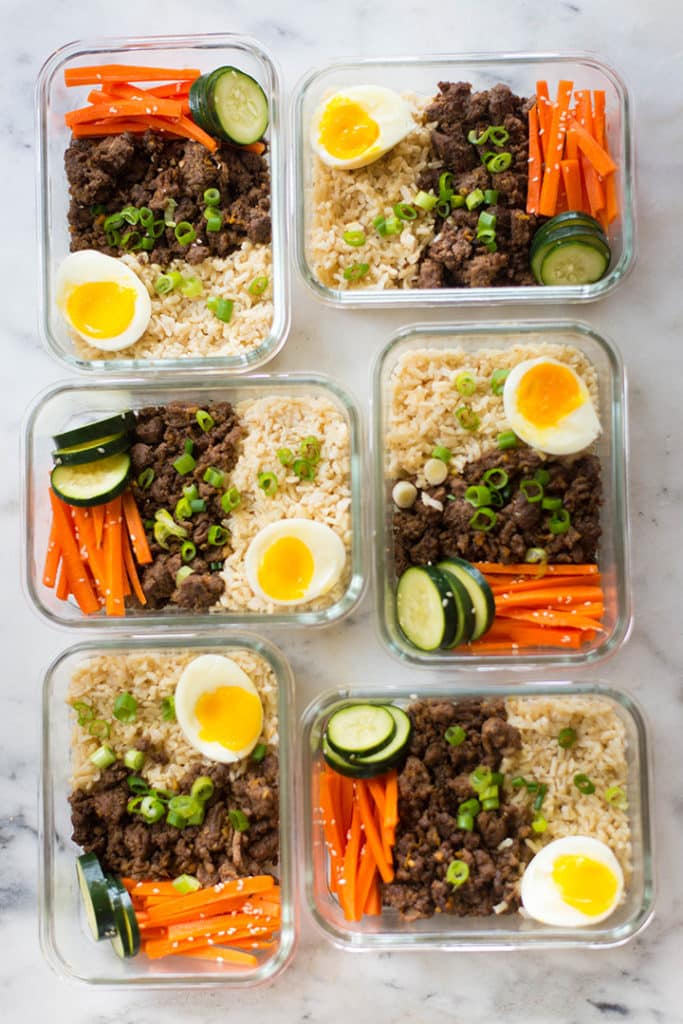
Tips for Intermittent Fasting
Having a few tips and tricks in hand can make the adjustment to an Intermittent Fasting for weight loss or lifestyle change much easier.
- One of the most important tips for fasting is to stay hydrated. Listen to your body and pay attention to thirst. Remember, food contains water and you are reducing your food intake. It’s recommended you drink around half your weight, in ounces, of water per day.
- Stay relaxed. Don’t obsess and don’t stress! Intermittent fasting doesn’t have to be all strict, all the time. If you have a day when it just isn’t working for you, eat as required to feel better and then jump back on the next day.
- Give it a chance. You may have to push through Intermittent Fasting for a few days (and in some cases, longer) in order to feel in control of the regimen. And that’s okay.
- Be aware of your body when exercising. It’s good to work out when fasting, but in the beginning, if you feel lightheaded or weak, cut the session short. Or, start off with light exercise until your body adjusts to your new lifestyle.
- Eat protein. Consuming protein, fats, carbs, and fiber is essential. Protein takes a while to digest and healthy fat helps you to feel full longer. Make sure that you eat plenty of both at the end of your eating window, to hold you over until the next meal.
Does Intermittent Fasting Have Different Effects on Men and Women?
Although studies on humans are limited, it does appear that Intermittent Fasting has different effects on men and women. The response varies between sexes but in reality, it will vary between people in general.
- Fasting can be different for women due to hormones. In women, for example, the gonadotropin-releasing hormone can be disrupted which causes more discomfort in women than men when a meal is missed.
- The reproductive system of a female may be more affected than in men.
- Women may be affected in that their response to fasting and the ability to suppress hunger is lower than it is in men.
- The nervous system in men undergoes fewer changes during a fast than it does in women resulting in more stress.
Have questions on Intermittent Fasting? Check out this video or leave a comment below!
The post Does Intermittent Fasting Work For Weight Loss? Beginner’s Guide To Intermittent Fasting appeared first on A Sweet Pea Chef.
* This article was originally published here